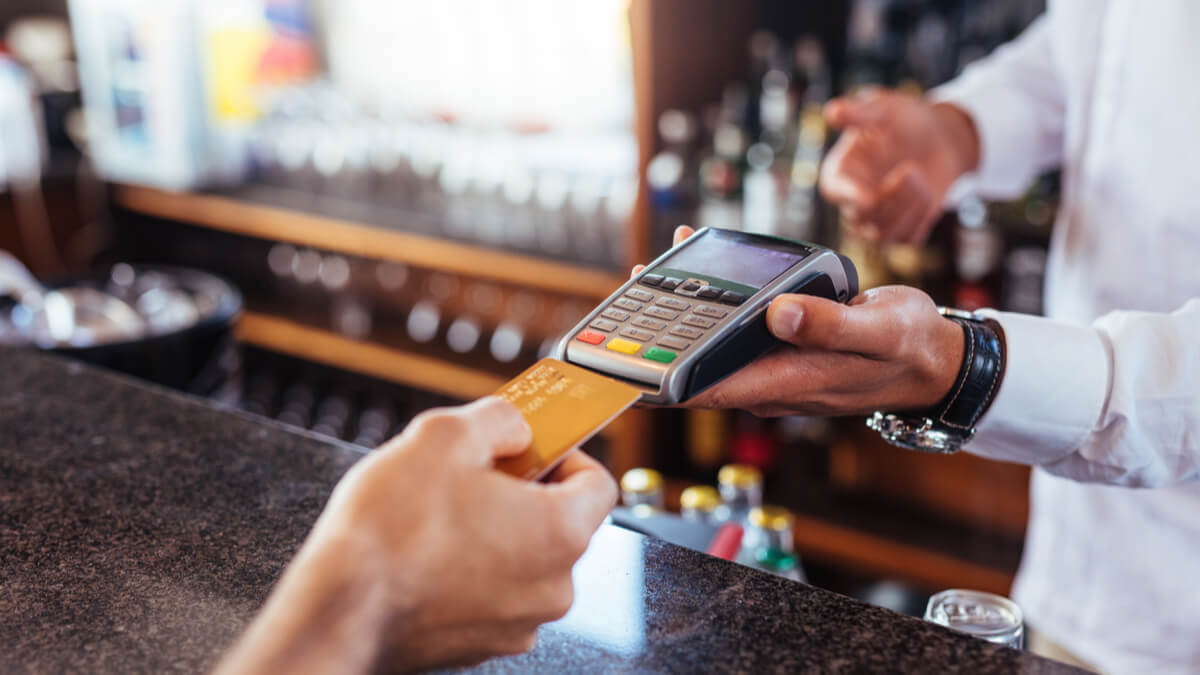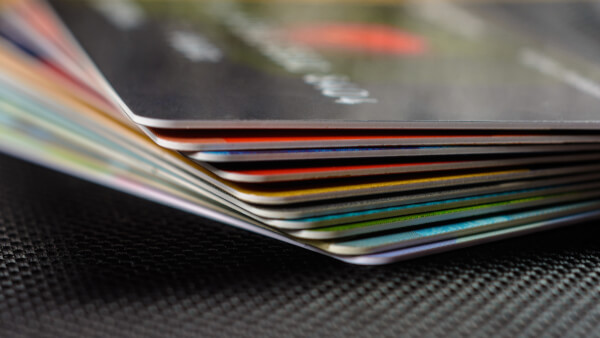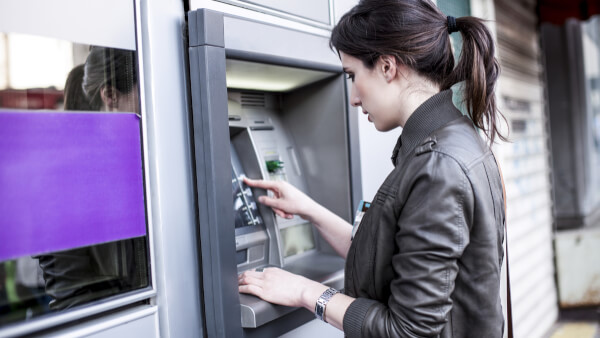Visa exchange rates: what are they and how can you benefit from them when paying from France?
Discover what lies behind the Visa rate and the interbank rate: what do they refer to? Are they advantageous? Are there alternatives?

These days, most bank cards can be used for international payments. However, each transaction usually comes with additional fees.
While paying by card is generally more convenient than exchanging cash, it can still become expensive if you’re not careful.
To reduce your expenses while maintaining flexibility, a multi-currency card can be one of the best solutions. It’s now offered by several providers.
With the Wise card, for example, you can make purchases in foreign currencies using the mid-market exchange rate. This helps you save on conversion and foreign exchange fees.
If you don’t often travel outside France, take a few simple precautions before leaving.
First, check that your bank card works abroad. If you have a Mastercard or Visa, you shouldn’t encounter problems — both are widely accepted worldwide.
Although there are slight differences between the two networks, especially in fees and insurance coverage, both are reliable options for global payments.
Next, inform your bank of your travel dates. Otherwise, their fraud detection system might suspect suspicious activity and block your card.
Finally, review your withdrawal and payment limits with your advisor. You may wish to increase them slightly to account for unexpected expenses during your trip.
French banks usually apply a fixed fee plus a percentage on international card transactions outside the SEPA zone. Here’s a comparison of the main French providers:
| Provider | Fees |
|---|---|
| BNP Paribas¹ | * Visa Infinite Card: 2% + €0.60 * Other cards: 2.90% + €0.90 |
| Crédit Agricole du Finistère² | * €0.20 + 2.30% * Premium cards (World Elite, Infinite, Globe Trotter, etc.): free |
| Société Générale³ | * ≤ €10: 2% (Visa Infinite), 2.7% (others) * > €10: €1 + 2% (Visa Infinite), €1 + 2.7% (others) |
| Banque Postale⁴ | * Visa Platinum and Visa Infinite: 1.15% (max €6) * Other cards: 2.30% (max €6) |
| Crédit Mutuel Île-de-France⁵ | * EEA + Switzerland: €0.33 + 1% (max €10) * Other countries: €0.33 + 2.50% (max €10) |
| Caisse d’Épargne Île-de-France⁶ | €1 + 2.80% |
| CIC⁷ | 2.90% + €0.33 (max €10) |
You may benefit from lower fees — or even exemptions — if you hold a premium card or subscribe to an international banking package.
Keep in mind that these fees don’t include possible exchange rate markups that banks often apply without making them clear.
If you need to withdraw cash, use an ATM belonging to your own banking network whenever possible. Within the EU, this is often feasible — for example, Crédit Agricole ATMs are available in Italy and Austria. Before leaving France, check your bank’s partner locations across Europe.
Withdrawals are usually more expensive than card payments. To save on fixed fees, try to withdraw larger sums less frequently instead of multiple small withdrawals.
Planning a long stay abroad? Ask your bank if they offer special packages for expatriates or frequent travelers.
These plans come with monthly fees but can include perks like reduced withdrawal costs or free card payments. Premium cardholders (Visa Premier, Mastercard Gold, etc.) often get better rates abroad.
For instance, Société Générale customers with the Jazz or Sobrio option can enjoy fee exemptions on payments and withdrawals.³
At BNP Paribas, the “Travel” option removes card payment fees (excluding exchange and correspondent bank charges).¹
The Wise card is an excellent choice for frequent travelers who want to minimize international banking costs.
With this card:
The Wise card is linked to a multi-currency account that can hold 40+ currencies simultaneously.
More information on the Wise card
Most banks don’t display exchange rate markups in their public fee lists. For example, if you pay in pounds while in London, your bank may convert using its own internal rate — higher than the actual market rate — meaning you pay more than expected.
To check whether you’re getting a good deal, use an online currency converter.
Unlike traditional banks, Wise always uses the mid-market rate, with no hidden markups. Exchange rates are also guaranteed for up to 48 hours when sending money.
When using an ATM abroad, you might be asked whether you want to be charged in euros or in the local currency.
Always choose local currency — otherwise, you’ll get a poor exchange rate due to “dynamic currency conversion” (DCC) applied by the ATM operator.
With the Wise card, you can pay in 150+ countries with transparent fees and mid-market exchange rates, so you don’t have to change your payment habits abroad.
To stay safe, always travel with two cards (for example, one Visa and one Mastercard). While both are accepted almost everywhere, certain regions may only support one network — better to be prepared!
Sources:
Last verified on September 9, 2025.
This article is a translation of the original article published in French and was translated within 365 days of publication. While the content has been translated for accessibility, the data and sources referenced have not been updated since the original publication date.
*Please see terms of use and product availability for your region or visit Wise fees and pricing for the most up to date pricing and fee information.
This publication is provided for general information purposes and does not constitute legal, tax or other professional advice from Wise Payments Limited or its subsidiaries and its affiliates, and it is not intended as a substitute for obtaining advice from a financial advisor or any other professional.
We make no representations, warranties or guarantees, whether expressed or implied, that the content in the publication is accurate, complete or up to date.

Discover what lies behind the Visa rate and the interbank rate: what do they refer to? Are they advantageous? Are there alternatives?

Everything you need to know when travelling abroad with your Banque Populaire card: what are the fees and charges? How to reduce commissions?

Discover our tips for withdrawing money abroad with complete peace of mind, while minimizing bank fees and saving money during your travels.

Discover how to reduce withdrawal fees with your Crédit Mutuel card internationally. Practical tips for saving money while traveling.

Multi-currency cards are ideal for people who travel frequently or live abroad. Discover how to use them to save money.

Discover all the commissions on your payments abroad with a BNP Paribas international card: in the euro zone or outside.